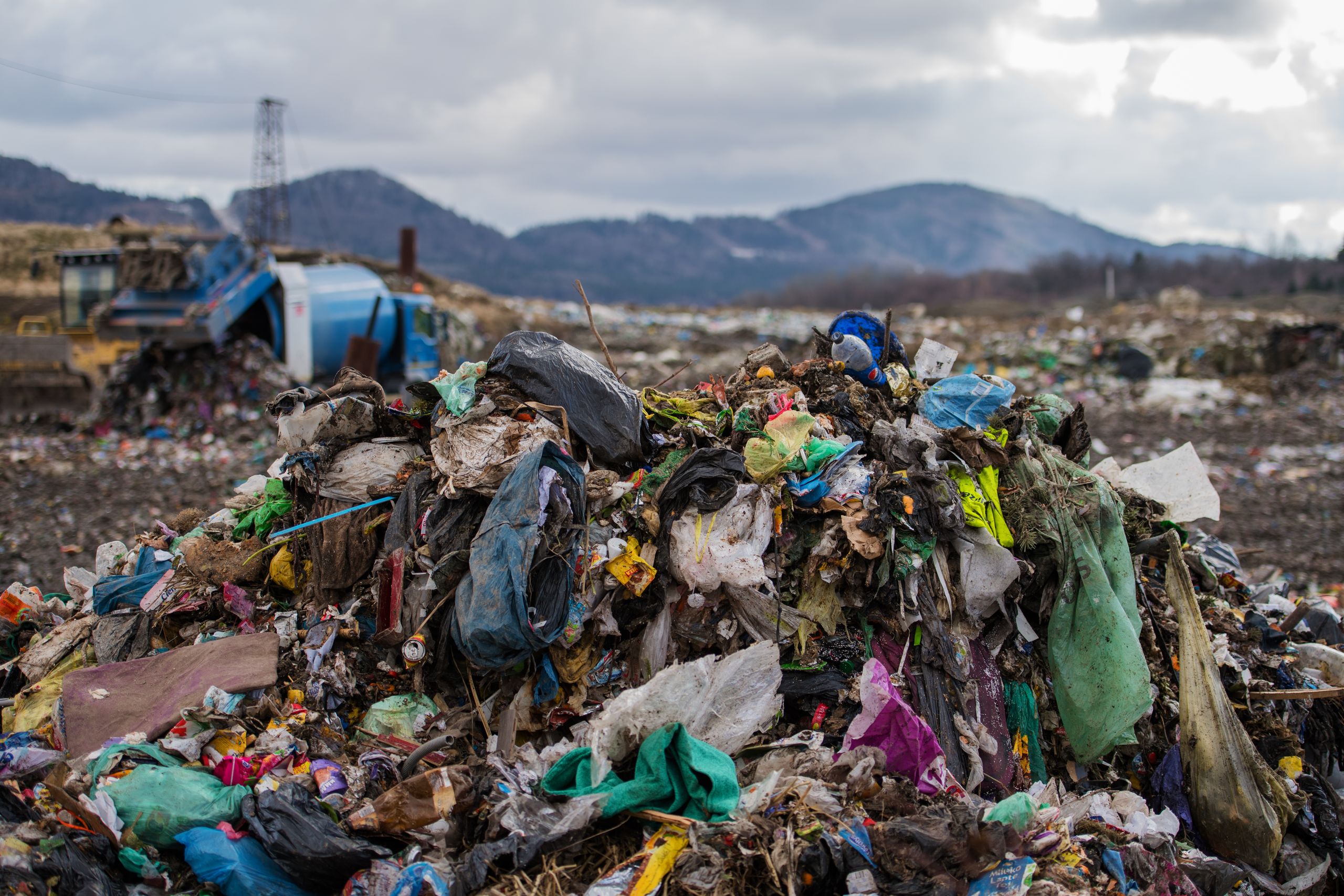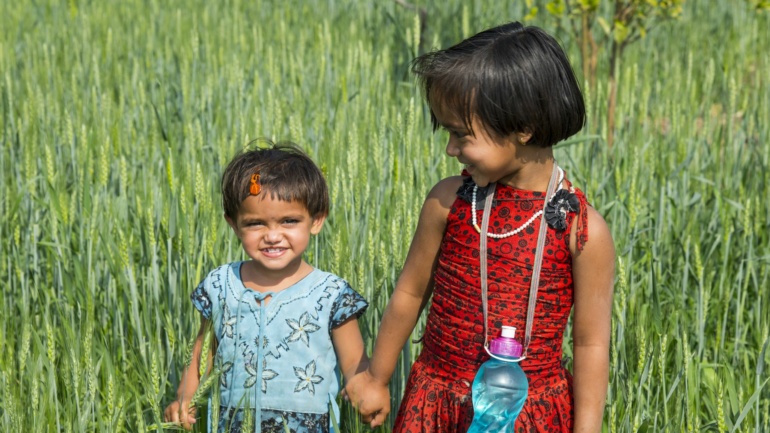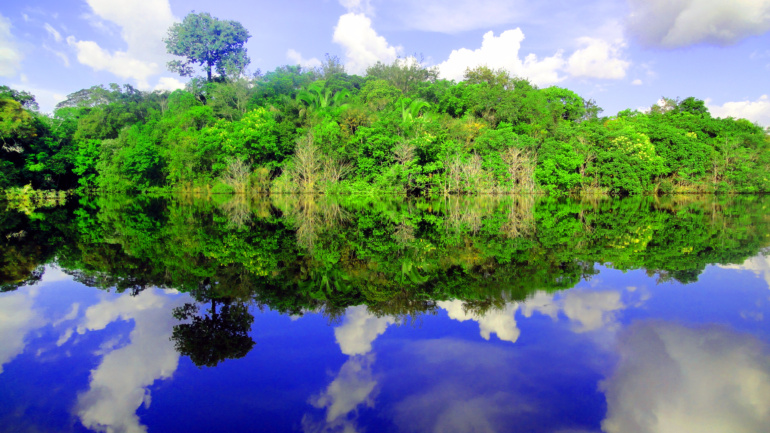Each year around the world, people generate 1.3 billion tons of waste, most of which end up in dumpsites. Our global waste problem has created severe public health issues, environmental degradation, and has created irreversible toxicity around the globe. Our work in the Dominican Republic will help municipal waste sources from entering landfills and into important watercourses so that people and environments are protected.
The DR project has the following major development objectives:
- Diversion of current municipal solid wastes streams from landfills, thereby eliminating current waste dumping and related broad social and environmental degradation;
- Remediation of closed and current in-use dumpsites via direct excavation, processing, and incineration of the buried waste to avoid further environmental degradation and return of the land into useable land post-remediation;
- Improve water quality from the elimination of waste leachate and plastics from entering the ocean, fresh watercourses, and aquifers;
- Reduction or elimination of GHG emissions, toxins, hazardous wastes, and plastics from entering the ecosystem through improved handling and destruction of waste streams when compared to the current business-as-usual scenarios;
- Improve socioeconomic conditions in the Project region, particularly through direct and indirect job creation, education programs, and improved working conditions for labor forces; and,
- Increase non-fossil fuel power generation for the Dominican Republic.
The project has a broader objective which is to effectuate transformational change across the Dominican Republic and the Caribbean after the successful execution of the first facility. The project will provide a model for the implementation of new waste management projects and will promote policies to foster other waste-related developments.
Completion of the project has the potential to contribute to both national and global GHG emissions mitigation, improved ecosystems, and environmental resilience, reduced plastic dispersion, and ocean degradation, improved tourism safety—significantly impacting all 17 Sustainable Development Goals (SDGs). Detailed below are potential major impacts from Project implementation:
- GHG Mitigation Potential—Greenhouse gas (GHG) emissions from waste management activities contribute significantly to climate change. Methane (CH4) is the major GHG emitted from open dumping and landfilling has been reported as the third highest anthropogenic CH4 emission source. The open burning of dumpsites in the Dominican Republic creates significant sources of black carbon and other GHG emissions.
- Enhanced Social and SDG Impacts – The Project will have multiple social impacts on the United Nation’s SDGs. Positive impacts on the following SDGs are anticipated:
- Poverty – Approximately 30 percent of the population in the DR live below the national poverty level, and interrelations between poverty and climate change exacerbate vulnerability to climate change and extreme weather. Job creation in the non-tourism sector.
- Hunger – Improved incomes for employees at the Project facility and indirect income for supporting workers and industries.
- Health and Wellness – Improved working conditions in the waste management sector and reduction or elimination of unsafe working conditions for waste pickers.
- Quality Education – Community education programs will increase knowledge on circular economies, zero-waste lifestyles, ocean protection, and other important eco-services.
- Gender Equality – Increased skills training and job availability for women.
- Clean Water and Sanitation – Improvement of current waste management practices and use of dumpsites, and elimination of wastewater leachate into the water table, improved water management at the waste management facility. Waste diversion from dumpsites will keep toxins and plastics out of the water supply and oceans. This is particularly important in the Punta Cana region due to the specific geology and aquifer system.
- Affordable and Clean Energy – Increased access to alternative energy derived from non-fossil fuel sources.
- Employment and Economic Growth – Implementation of proper standards and procedures, such as IFC Performance Standards, will improve work conditions and overall economic growth of the region and will provide entry-level job opportunities at the Education Center as well as marketing opportunities for the tourism sector.
- Industry, Innovation, and Infrastructure – When completed, the project will be the first-of-its-kind waste management facility in the Dominican Republic and will foster other innovations and infrastructure developments using innovative fuel conversion technologies which, in turn, will attract additional investments into this type of GHG mitigation activity.
- Reduced Inequality – Improve skill training outside of the tourism sector, which will create new jobs and technology transfer to otherwise marginalized demographics in the Dominican Republic and the region.
- Sustainable Cities and Communities – Improve sustainability initiatives and education through community and educational outreach and collaboration with the tourism industry, which is a major waste producer in the Dominican Republic.
- Responsible Consumption and Production – When the Project advances to commercial operation, it will establish a mechanism for recycling collection, hazardous waste disposal and landfill diversion so that waste ceases being a generation problem and is dealt with immediately at the end-of-life cycle.
- Climate Action – GHG emissions mitigation from landfill closures, land/soil health remediation from mined landfills, advanced emission control systems, proper solid waste management, renewable energy power generation, regenerative feedstock growth and management, plastics collection, leachate and catch water treatment, and other initiatives which directly mitigate climate change and effectuate regional change and policies. Replication of the Project will result in increased climate resilience and further action toward sustainability in the Dominican Republic and the Caribbean.
- Life Below Water – Protect ocean resources from toxins, waste accumulation, and microplastic dispersion into living organisms.
- Life on Land – Improves air quality, soil quality and water management, particularly waste contamination and other issues related to dumpsites and improper waste management.
- Peace and Justice Strong Institutions – Regulatory compliance with waste management mandates will yield improvements in the community as well as the ecosystem.
- Partnerships to achieve the Goal – Domestic, regional, and international partnerships and coalitions will promote national and regional policy change and will catalyze transformative attitudes towards solid waste management, health and safety, and low carbon multi-sectoral behaviors.
- Impetus for Transformational Change – Successful Project implementation can result in changes in both national and regional policies governing multi-sectoral business, particularly renewable energy and solid waste management. Changes are likely to include:
- Transition from business-as-usual scenarios for solid waste management and landfilling in the Dominican Republic.
- Improve confidence in technologies for conversion of municipal solid waste and mined landfilled waste into RDF for energy production.
- Achieve higher-level emission reduction targets through the implementation of additional projects across the Dominican Republic and the region.
- Broaden the context of GHG emissions mitigation in the energy sector.
- Adoption of the Project’s innovative technology utilization by other sectors or industries through confidence and new policy creation.
- Creation of new jobs and job diversity through direct Project implementation and additional reach via indirect supporting services job and industry creation.
- Financial diversification – Project implementation will improve confidence in technologically sophisticated business investments in the Dominican Republic. This confidence, coupled with increased public and governmental support, is likely to attract new investments from both domestic and direct foreign investment sources.




